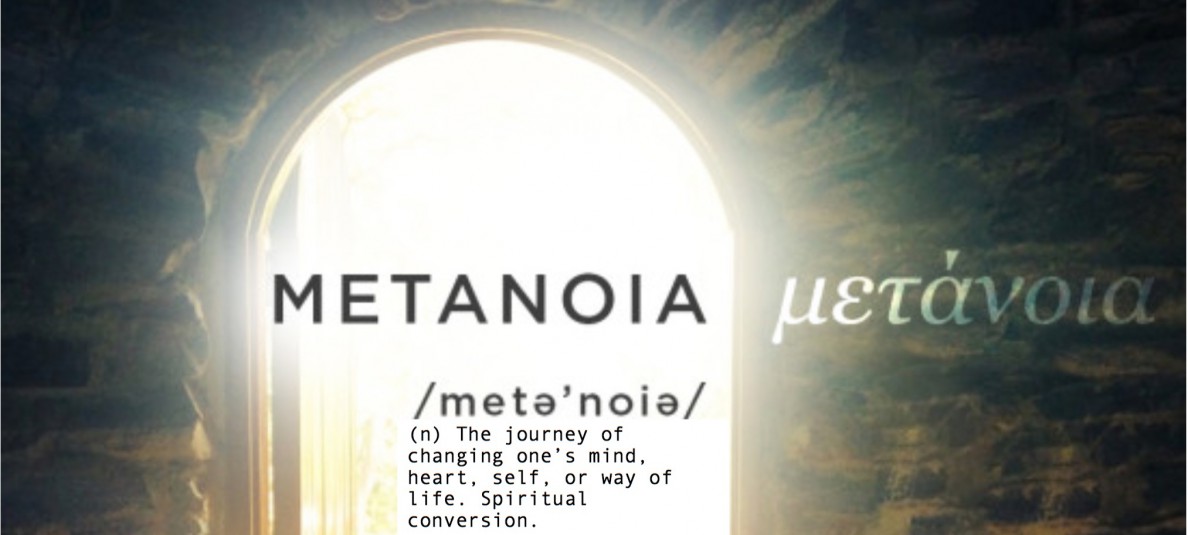Click Here for the Lectionary Texts
By: The Rev. Leah Lyman Waldron
“But they did not understand what he was saying and were afraid to ask him.” (Luke 9:32)
The disciples often make it easy to shake our heads in disdain as they completely miss Jesus’ point or hide their heads in the sand, but I have a lot of empathy for them here. Jesus has just come down off the literal and figurative peak of his ministry where he stood in glory with Moses and Elijah, then followed that up with healing a boy whose affliction had evaded the best efforts of his followers to cure it—but then he reminds those same followers that all too soon, the party will be over and their leader will be betrayed and murdered.
This isn’t the first time the disciples have been let down after a mighty ministerial victory; there was the feeding of the four thousand and the healing of the blind man, followed by the foretelling of Jesus’ suffering and death in chapter 8. It must have felt like whiplash to reach such high highs and then dip to such low lows; and the temptation to stay on the mountaintop and avoid those steep valleys—just as Peter urged Jesus at the Transfiguration (9:5)—must have been strong.
The first time Jesus foretells his death, Peter’s fear-strangled love for his teacher pushes him to address it directly; he tries to talk Jesus out of the road that lies ahead of him (8:32). The second time (our passage), the text explicitly mentions the disciples’ confusion and fear (9:32) before we watch them turn the conversation to something more palatable: their own importance (9:34). By the time we get to the third prediction of Jesus’s passion, their fear is only a quick aside (10:32) before James and John skip straight to the boldest favor asked in all of history: that they might be given the honor of sitting on either side of him in glory.
It’s clear that they do not know what to do with the bewildering, heart-sinking news Jesus keeps waving in front of them. Instead of digging deeper—asking Jesus questions, working through their fear in an attempt to understand—they take the much easier route of turning away, pretending it isn’t real or that his sense of doom is blown out of proportion. I imagine they find a certain comfort in turning to the illusion that their greatness will save them from the turmoil to come.
So often when we are confronted with bad news, we too are confused and afraid like the disciples, and we too turn to arguments about far less important issues, squabbling amongst ourselves in an effort to feel as though we have control when we’ve just been brutally reminded that in reality it’s the opposite.
Whether it’s another bout of climate-change-fueled forest fires, or the uptick in Covid numbers despite the availability of the vaccine, or the rising tidal wave of misinformation and willful ignorance against a backdrop of white supremacy…there is a lot of bad news in our lives and in our world. Our fear and confusion (and our fatigue) cause us to look the other way, to put our energy towards things we feel like we can win: Facebook arguments, spats with a less-than-gracious neighbor, church council disagreements, political posturing in an age when we can simply ignore facts that don’t suit us and our own errors in judgment. Congressional leaders in particular excel at focusing all energy on the question of who can dominate the public conversation while conveniently ignoring the human and natural devastation wrought by solvable problems; but to a lesser extent, many of us do the same.
The disciples had been on the road with Jesus for months, uncertain where they would find their next meal or the next roof over their heads, trying to absorb teachings that turned their perspectives upside down. They must have been exhausted. We too, living in a pandemic hyped up on an instantaneous online news cycle, constantly inundated with every terrible thing that has happened in every location in the world, are exhausted. And when we’re exhausted—and if we have the privilege to do so—we want to look away. It feels like a way to save our sanity.
But where does our energy and attention go when we take that break? Does it go, like Peter, to trying to convince the bearer of the bad news that they’re wrong, or it’s not as bleak as they say it is? Does it go, like James and John and the rest of the disciples, to shore up our fragile sense of agency and importance in an out-of-control world? Or does it go to whatever grounds us in the One whose hard teachings and dire predictions always, always, come with good news, too?
Did you notice that each of the three times Jesus foretells the crucifixion, he also foretells the resurrection? The disciples jump right past that part—and understandably, because the torture and execution of your beloved rabbi and the brutal (presumed) end of his ministry is a lot to take in. But the fact remains that even as he is preparing them for the worst, he is also, consistently, telling them that the worst is not the end. He is doing all he can, through his teachings and healings which the disciples are witnessing firsthand, to prepare them for the new life that comes after.
What does it look like for us to look bad news squarely in the face; to choose, when it becomes too much to bear, not self-aggrandizement or the illusion of control, but restorative sabbath; to envision what might lie beyond the acceptance of the bad news; and to pay attention to how Jesus is preparing us to be a part of building new life on the other side of it?










